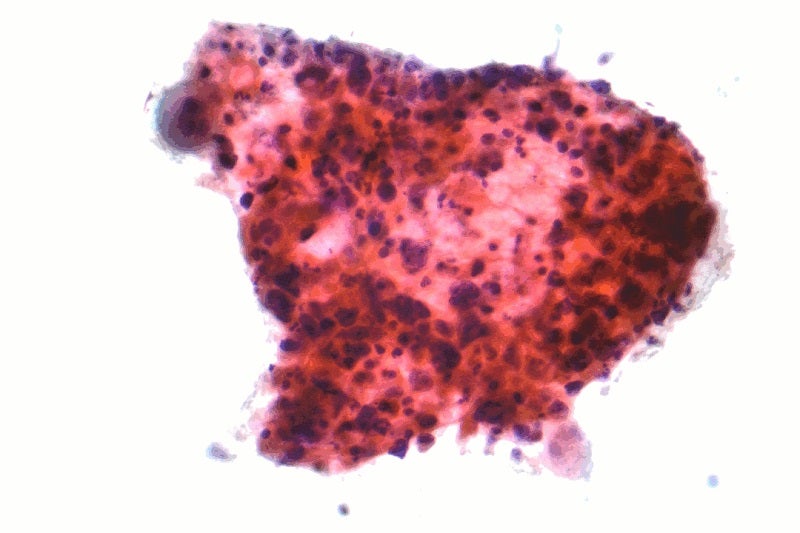
Exscientia has received approval for its clinical trial application (CTA) to commence the IGNITE-AI Phase I/II trial of EXS-21546 in advanced solid tumour patients.
The approval enables the company to activate the trial sites in its first European country.

Discover B2B Marketing That Performs
Combine business intelligence and editorial excellence to reach engaged professionals across 36 leading media platforms.
The multicentre, open-label, two-stage IGNITE-AI Phase I/II trial will study the company’s A2A receptor antagonist, EXS-21546, along with anti-PD-1 therapy in immunotherapy relapsed or refractory renal cell carcinoma (RCC) and non-small cell lung cancer (NSCLC) patients.
It has been designed to assess the combination therapy’s pharmacodynamics, efficacy, pharmacokinetics, and safety in up to 110 patients.
The relapsed or refractory RCC or NSCLC patients, who were previously treated with an immune checkpoint inhibitor, will be enrolled in the study.
In future trials, the company plans to expand to additional tumour types, including breast cancer, after evaluating ‘546 activity and selection biomarkers validation.

US Tariffs are shifting - will you react or anticipate?
Don’t let policy changes catch you off guard. Stay proactive with real-time data and expert analysis.
By GlobalDataExscientia chief quantitative medicine officer Dr Michael Krams said: “High adenosine levels in the tumour microenvironment have the potential to suppress immune function, which can inhibit the efficacy of checkpoint inhibitors.
“We have designed this trial not only to learn about ‘546, but also to enhance our confidence in our patient enrichment strategy.
“We place a strong emphasis on biomarker qualification, because our goal is to identify the right patients for the right treatment.”
The company has used simulation guided clinical trial design for establishing the operating characteristics of the trial’s two stages.
In the first stage, the researchers will use a continuous reassessment model to determine the maximum tolerated dose (MTD) of EXS-21546 in 30 patients across seven dose levels.
The MTD will then be applied to an expansion cohort of 80 patients in the second stage of the trial.
It will be used to create evidence of the efficacy of ‘546 in combination with a PD-1 inhibitor.
Objective response rate (ORR) will be the primary efficacy endpoint of the expansion phase.



